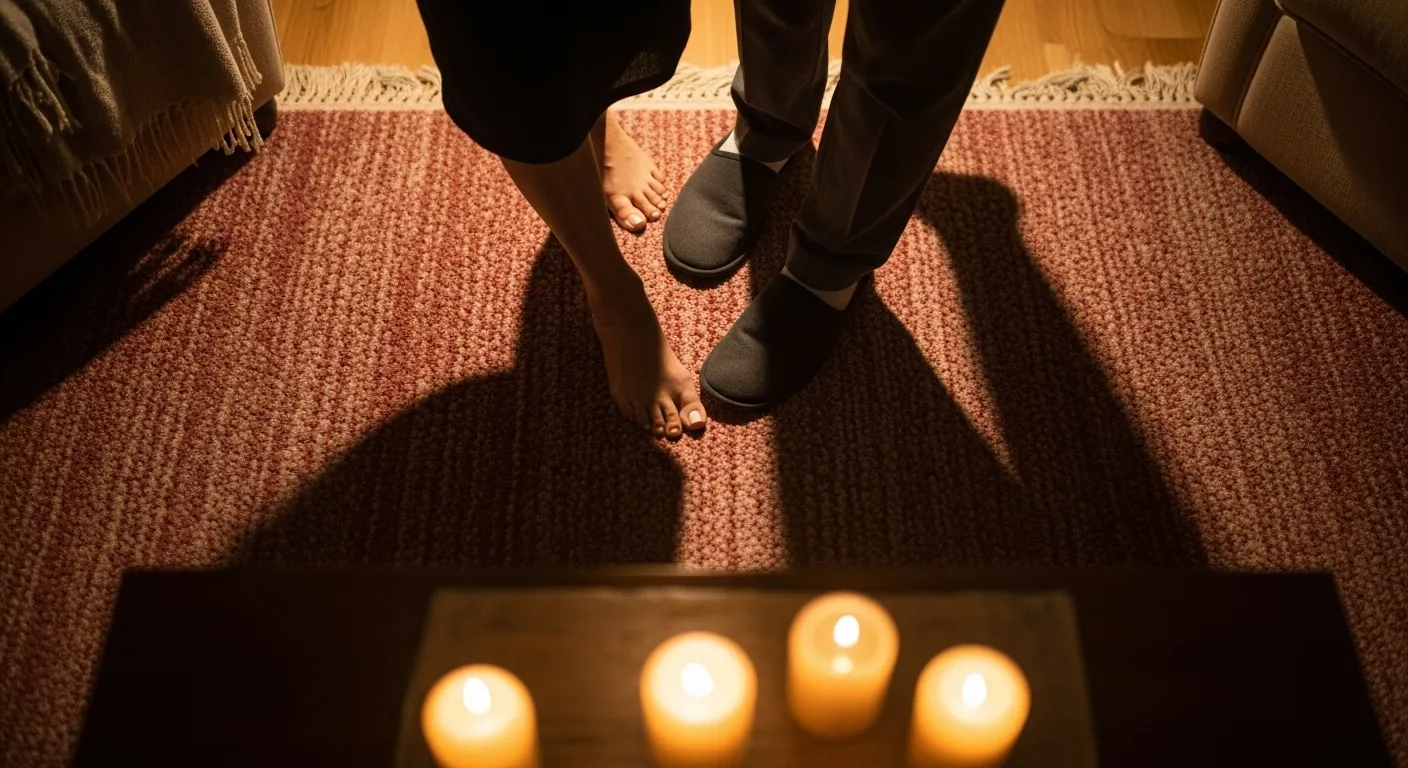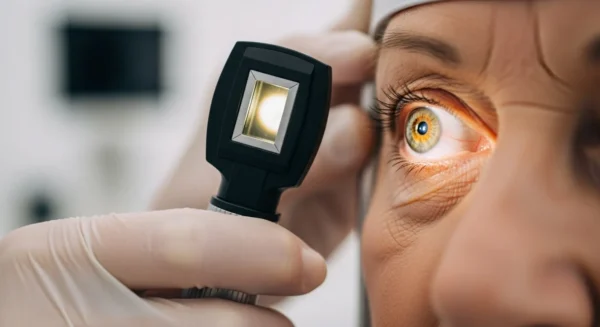
Key Signs It’s Time to Consult a Doctor
While improving your diet is a powerful tool for better health, it is not a replacement for professional medical care. It is crucial to know when to seek help. Please consult your physician or a registered dietitian if you experience any of the following:
- Unexplained Weight Loss or Gain: Losing or gaining weight without trying can be a sign of an underlying medical condition.
- Difficulty Chewing or Swallowing (Dysphagia): This can lead to poor nutrition and is a serious issue that requires medical evaluation.
- Persistent Digestive Problems: Ongoing constipation, diarrhea, bloating, or heartburn should be discussed with a doctor.
- Chronic Fatigue or Lack of Energy: While some tiredness is normal, persistent exhaustion could be a sign of a nutritional deficiency, such as iron-deficiency anemia.
- Sudden Changes in Appetite: A significant and lasting loss of appetite needs to be investigated by a healthcare professional.
- New or Worsening Chronic Conditions: If you are managing a condition like diabetes or heart disease, any dietary changes should be made in consultation with your healthcare team.















